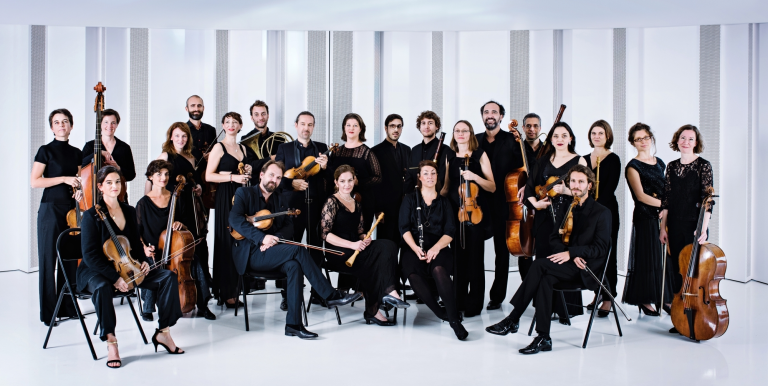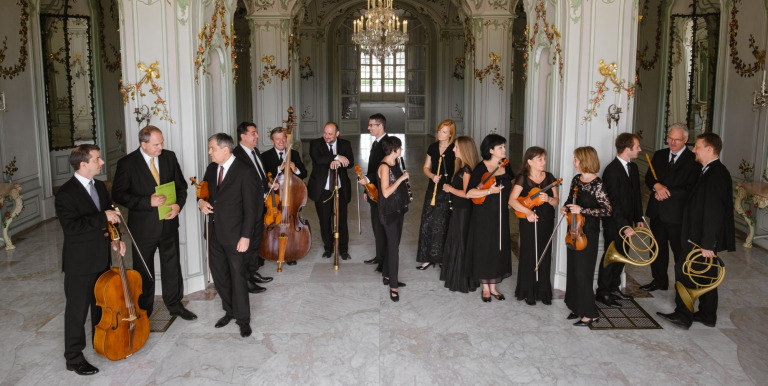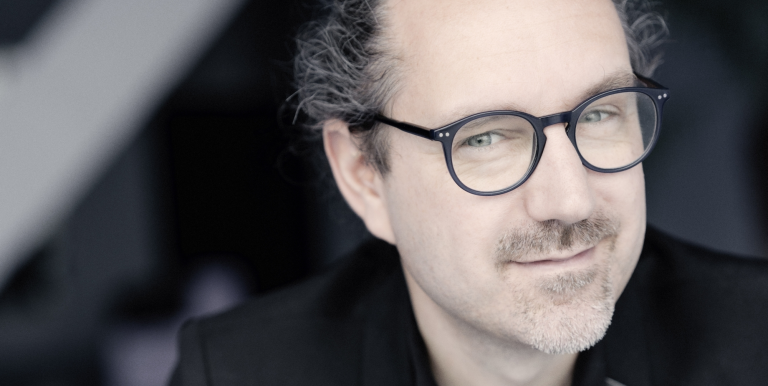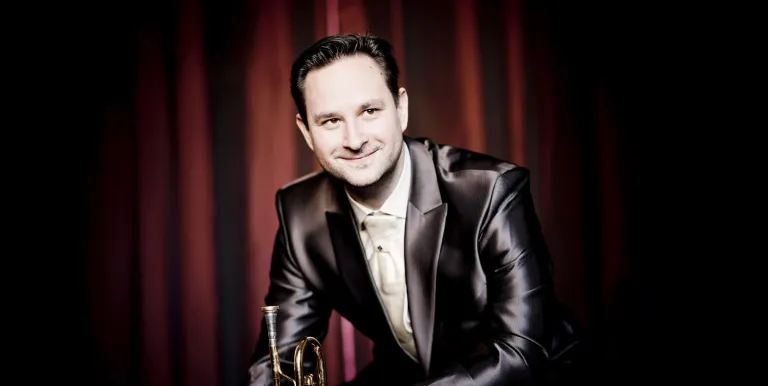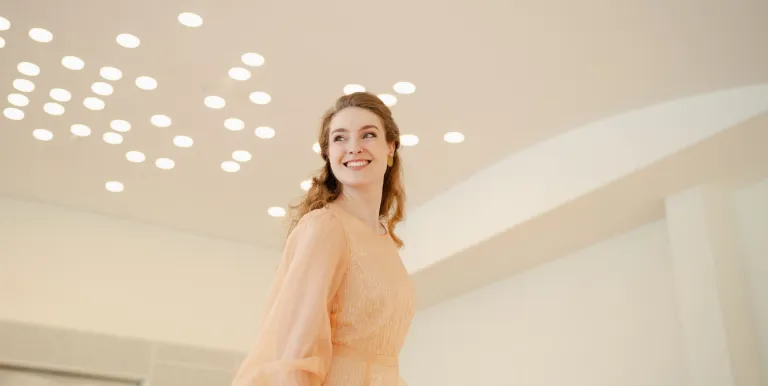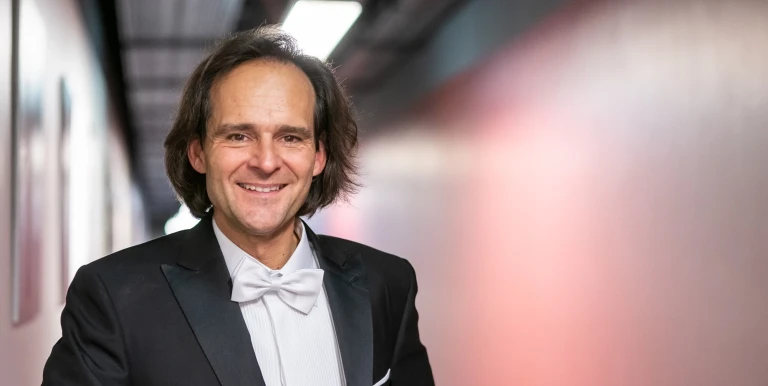one interval
Artistic director, concertmaster:
Salieri
Les Horaces - overture
Haydn
Symphony No. 101 in D major ("The Clock”), Hob. I:101
Cherubini
Démophoon - overture
Haydn
Symphony No. 100 in G major ("Military”), Hob. I:100
While composing his London Symphonies, Haydn had an enormous orchestra at his disposal, nearly twice as large as is typically employed for this repertoire today. This joint production of the Orfeo Orchestra and Le Concert de la Loge, conducted by Julien Chauvin, brings together the musicians of the two ensembles - the Haydneum aims to recreate the way the original audiences would have experienced the sound of these well-known works by interpreting them in this extraordinary format.
Joseph Haydn arrived in London at the invitation of the impresario Johann Peter Salomon, and there between 1791 and 1795 he composed his twelve last symphonies, the monumental pieces of his oeuvre known as the London Symphonies (Nos. 93-104). Not only do these works constitute a high point of symphonic music, they also express the aspirations of the public concerts of the age: Haydn had a huge orchestra available to him, almost twice the size of what would generally be used for this repertoire today, with the number of wind instruments doubled, for example. The Haydneum aims to revive this sonic experience by interpreting well-known works in an entirely extraordinary performance. In addition to Haydn's symphonies Nos. 100 ("Military") and 101 ("The Clock"), the programme also includes two opera overtures, both commissioned by the Paris Opera: the one Salieri wrote for his 1786 opera Les Horaces, and the other from Cherubini's Démophoon from 1788. Both of these Italian-born artists - who settled in Vienna and Paris, respectively - had the opportunity to meet Haydn and drew inspiration from his music.
Presented by: Haydneum - Hungarian Centre for Early Music
-
We wish to inform you that in the event that Müpa Budapest's underground garage and outdoor car park are operating at full capacity, it is advisable to plan for increased waiting times when you arrive. In order to avoid this, we recommend that you depart for our events in time, so that you you can find the ideal parking spot quickly and smoothly and arrive for our performance in comfort. The Müpa Budapest underground garage gates will be operated by an automatic number plate recognition system. Parking is free of charge for visitors with tickets to any of our paid performances on that given day. The detailed parking policy of Müpa Budapest is available here.

